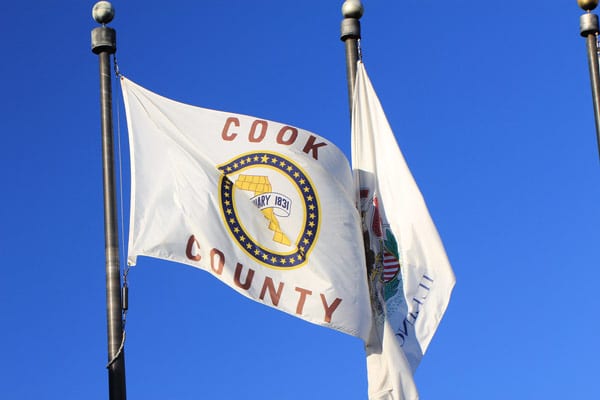
October 17, 2018; Chicago Reporter
Earlier this month, the Chicagoland Cooperative Ecosystem Coalition (CCEC) held its inaugural town hall meeting. As La Risa Lynch explains in the Chicago Reporter, the coalition, envisioned as a three-year pilot, brings together nonprofits, existing worker co-ops, advocacy groups, and co-op developers. The idea is that it will provide funding, training, technical assistance, and research and legal services, and raise public awareness about worker cooperatives.
Stacy Sutton, a professor at the University of Illinois at Chicago, tells Lynch that the worker cooperative movement is “growing and picking up momentum because there is a belief that through worker ownership you are creating…a more democratic and a greater equitable distribution of economic resources.” The lack of living wage jobs, even in a low-unemployment economy, is also fueling growth.
According to Renee Hatcher, director of the Business Enterprise Law Clinic at John Marshall Law School, there are now 18 worker cooperatives in Cook County, more than half of which are based in or started by communities of color. One of the most famous is the New Era Windows Cooperative, which was founded in 2012, four years after workers occupied the old Republic Windows and Doors in order to get the company to pay what it legally owed workers when they were laid off en masse.
Hatcher notes that in communities of color especially, cooperatives enable people to “collectively create jobs for themselves and decide how they want to set up their working conditions [because] worker exploitation…primarily happens in Black, Latinx and immigrant communities.”
Hatcher is a coauthor of a policy paper that seeks to lay out a strategy to support and grow the worker cooperative movement in the Chicago area. The report issued six recommendations. The first was to formalize a coalition of co-ops to build greater support for worker cooperatives. The five other recommendations were more policy-oriented, namely:
Sign up for our free newsletters
Subscribe to NPQ's newsletters to have our top stories delivered directly to your inbox.
By signing up, you agree to our privacy policy and terms of use, and to receive messages from NPQ and our partners.
- “The City of Chicago, Cook County, and the State of Illinois should invest in the worker cooperative ecosystem and development infrastructure.”
- “The City of Chicago and Cook County agencies should support worker cooperatives through public contracting and procurement of goods and services.”
- “Institutions and organizations should engage worker cooperative businesses in anchor-based development and capacity building.”
- “The City of Chicago and Cook County should pass a resolution in support of worker cooperative businesses and development.”
- “The State of Illinois should pass a Limited Cooperative Association statute.”
While most of the policy recommendations are pretty straightforward, the Limited Cooperative Association idea, which combines aspects of a cooperative with aspects of limited liability company, is a little more complicated. As Lynch details, a standard worker cooperative classifies worker-owners as employees. “That,” writes Lynch, “triggers certain labor and IRS rules which can exclude immigrant communities from starting worker co-ops and make it cost prohibitive for others.” Hatcher elaborates that the current rules are “certainly a barrier for entrepreneurs that don’t have work authorization or don’t have legal status.” Some states, Lynch adds, such as Wisconsin, Iowa, and Tennessee, already have similar provisions in place.
The coalition is making rapid progress. In September, Lynch notes, “Cook County’s Social Innovation Commission approved a resolution to use community development block grants or other funding sources to support and develop worker co-ops.”
The Cook County measure, in which the Cook County Board of Commissioners asserted its support for the development and growth of worker cooperatives, passed unanimously on October 17th. Getting legislation passed in a county with 5.2 million people, a population of similar or greater size than more than half of the US states, is a considerable accomplishment.
Among the more significant provisions was one that encouraged the county’s Bureau of Economic Development to make available community development block grant (CDBG) funding “to support local worker cooperatives and cooperative conversions, strengthen existing organizations that are incubating and training worker cooperatives in Cook County, and help to equip other organizations to provide such services, focusing on services to low‐income residents or in underserved areas.”
Now that the group has gotten Cook County to pass the resolution, it is hoped that the city of Chicago will follow suit. Meanwhile, the coalition itself is maturing. The CCEC coalition has set some priorities. These include “mapping the existing Cook County and Chicago ecosystem of worker cooperative enterprises and business support services to developing a protocol for documenting metrics for worker-owned enterprises and support service organizations.”—Steve Dubb












